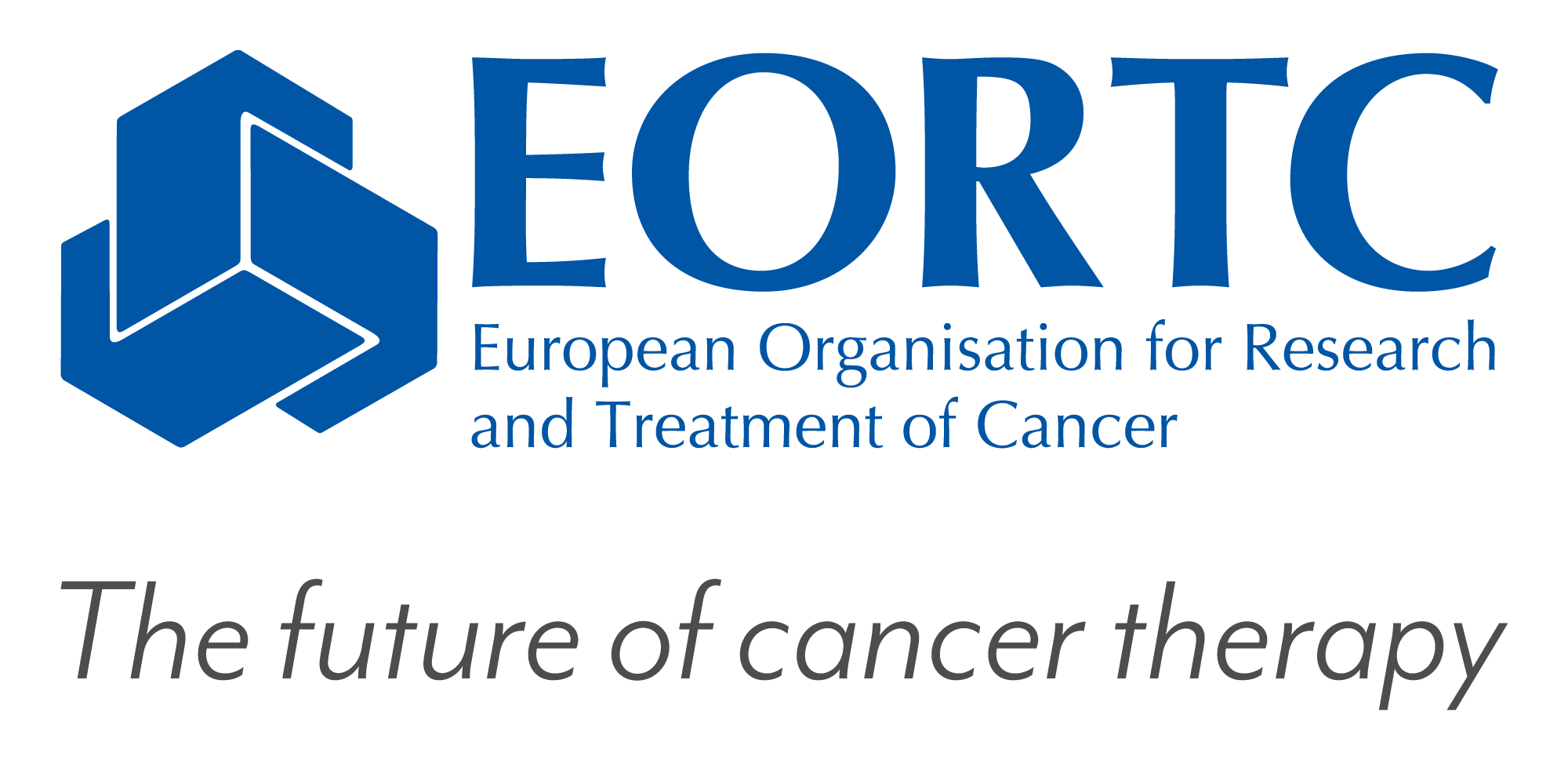
|
|

|
|
Chemotherapy – induced neutropenia is not only a major risk factor for infection-related morbidity and mortality, but is also significantly dose-limiting toxicity in cancer treatment. Patients developing severe or febrile neutropenia (FN) during chemotherapy regularly receive dose reductions and/or delays to their chemotherapy. This may impact the success of treatment, particularly when treatment intent is either curative or to prolong survival.
The incidence of severe or febrile neutropenia can be reduced by prophylactic treatment with granulocyte-colony stimulating factors (G-CSFs), such as filgrastim, lenograstim or pegfilgrastim. However, the use of G-CSFs prophylactic treatment varies widely in clinical practice, both in the timing of therapy and in the patients to whom it is offered.
Although several evidence-based clinical practice guidelines have been published previously, a need for generally applicable, European – focused guidelines that take into account oncological practice in Europe have been lacking so far. To this end, the EORTC established a working party to formulate recommendations for the use of G-CSF in adult cancer patients at risk of chemotherapy-induced febrile neutropenia. The guidelines will be published in the European Journal of Cancer.
Based on a systematic literature review, the Working Party proposes the following recommendations:
Recommendation 1. Patient –related risk factors for increased incidence of FN:
Patient-related adverse risk factors, such as elderly age (>65), be evaluated in the overall assessment of FN risk prior to administering each cycle of chemotherapy. Particular consideration should be given to the elevated risk of FN for elderly patients (aged 65 and over). Other adverse risk factors that may influence FN risk included: advanced stage of disease; experience of previous episode(s) of FN; lack of G-CSF use and lack of antibiotic phrophylaxis. However, please note that the indiscriminate use of antibiotics prophylaxis is not recommended by either the working party or the EORTC Infectious Disease Group.
Recommendation Grade B.
Recommendation 2. Chemotherapy regimens associated with increased risk of FN:
Considerations should be given to the elevated risk of FN when using certain chemotherapy regimens (summarised in Table 4 in the full article).
Recommendation grade A/B (depending on the evidence for each chemotherapy regimen).
Recommendation 3. G-CSF to support chemotherapy:
In situations where dose-dense or dose-intensive chemotherapy strategies have survival benefits, prophylactic G-CSF should be used as supportive treatment.
If reductions in chemotherapy dose intensity or density are known to be associated with poor prognosis, primary G-CSF prophylaxis may be used to maintain chemotherapy. Examples of this could be when the patient is receiving adjuvant or potentially curative treatment, or when the treatment intent is to prolong survival. Where this is not crucial; use of less myeolosuppressive chemotherapy or dose/schedule modification should be considered.
Recommendation grade A.
Recommendation 4. Impact of the overall FN risk on G-CSF use:
The risk of complications related to FN should be assessed individually for each patient. When assessing FN risk, the clinician should take into account patient-related risk factors (recommendation 1), the chemotherapy regimen and associated complications (recommendation 2 and 3) and treatment intent (recommendation 3). If the patient is at >20% overall risk of FN, prophylactic G-CSF is recommended. When using chemotherapy regimens associated with an FN risk of 10-20%, particular attention should be given to the assessment of patient characteristics that may increase the overall risk of FN.
Recommendation grade A.
Recommendation 5. G-CSF in patient with existing FN:
Treatment with G-CSF for patients with solid tumours and ongoing FN is indicated only in special situations: these are limited to those patients who are not responding to appropriate antibiotic management and who are developing life-threatening infections (such as severe sepsis or septic shock).
Recommendation grade B.
6: Choice of formulation:
Filgrastim, lenograstim and pegfilgrastim have clinical efficacy and any of these agents should be used to prevent FN and FN-related complications, where indicated.
Recommendation grade A.
These guidelines will be published by the European Journal of Cancer. An e-publication is accessible via Science Direct http://www.sciencedirect.com
For further information on the results of the work undertaken by the EORTC Granulocyte Colony Stimulating Factor (G-CSF) Guidelines Working Party, please contact:
Maati Aapro, MD
Clinique de Genolier
CH 1272 Genolier
Switzerland
Phone: +41 22-3669051 // 9134
Fax: +41 22-3669131
Email: maapro@genolier.net
For further information on the EORTC, please contact:
Nicole Heine, M.A.
Communications Officer
EORTC
Avenue E. Mounier 83/11
B – 1200 Brussels / Belgium
Phone: +32 2 774 16 51
Fax: +32 2 772 62 33
Email: nicole.heine@eortc.be
About the EORTC:
Created in 1962, the European Organisation for Research and Treatment of Cancer (EORTC) is a not-for-profit international cancer research organisation under the Belgian Law.
The EORTC has the mission to develop, conduct, coordinate and stimulate laboratory and clinical research in Europe to improve the management of cancer and related problems by increasing survival but also patients’ quality of life. The ultimate goal of the EORTC is to improve the standard of cancer treatment in Europe, through the development of new drugs and other innovative approaches, and to test more effective therapeutic strategies, using drugs which are already commercially available, or surgery or radiotherapy. EORTC has the aim to facilitate the passage of experimental discoveries into state-of-the-art treatment by keeping to a minimum the time lapse between the discovery of new anti-cancer agents and the implementation of their therapeutic benefit for patients with cancer.
The EORTC promotes multidisciplinary cancer research in Europe and is linked to other leading biomedical research organisations around the world. The EORTC research takes place in over 300 hospitals, universities and cancer centers in 32 countries, and the unique network of investigators of EORTC comprises more than 2000 clinicians collaborating on a voluntary basis in over 20 multidisciplinary groups.
For any further information related to the research activities of the EORTC, please consult the EORTC website: www.eortc.be